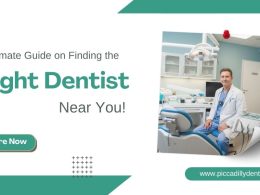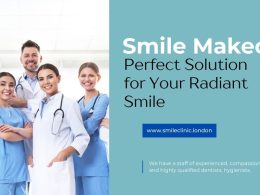Introduction:
The dietary supplement industry has experienced significant growth in recent years, with countless products promising improved health and well-being. However, not all supplements are created equal, and some can pose serious risks to our health. In this article, we will explore six dietary supplements that you should avoid due to their potential dangers and the importance of making informed choices when it comes to your health.
- Weight Loss Supplements: A Risky Shortcut
Weight loss supplements often promise quick and effortless results, but the reality is far from it. Many weight loss supplements contain stimulants or unproven ingredients that can lead to adverse effects such as increased heart rate, high blood pressure, and gastrointestinal problems. Instead of relying on supplements, it’s crucial to prioritize a balanced diet, regular exercise, and sustainable lifestyle changes for healthy weight management.
- Energy Boosters: False Promises
Energy-boosting supplements are popular among individuals seeking a quick pick-me-up. However, many of these products contain high levels of caffeine or other stimulants that can cause jitteriness, heart palpitations, and even addiction. Moreover, relying on artificial energy sources can mask underlying issues, such as poor sleep or chronic fatigue, that require proper medical attention. Prioritizing adequate sleep, managing stress, and adopting healthy lifestyle habits are more sustainable ways to boost energy levels.
- Bodybuilding Supplements: Building Muscles at What Cost?
Bodybuilding supplements, including anabolic steroids and testosterone boosters, are often used by individuals looking to enhance their athletic performance or build muscle mass. However, these supplements can have serious health consequences, including liver damage, hormonal imbalances, and cardiovascular problems. It’s crucial to prioritize natural methods such as proper nutrition, strength training, and rest for achieving fitness goals rather than resorting to potentially harmful substances.
- Herbal Supplements: Nature’s Not Always Safe
Herbal supplements, often marketed as natural alternatives, can still pose risks to our health. Some herbal supplements may interact with prescription medications or have side effects of their own. St. John’s Wort, for example, can interfere with antidepressants, while Ginkgo Biloba can increase the risk of bleeding. It’s essential to consult with healthcare professionals and disclose all supplements being taken to ensure their safety and efficacy.
- Sexual Enhancement Supplements: The Risks of Performance
Sexual enhancement supplements, such as those claiming to treat erectile dysfunction or boost libido, are popular among individuals seeking to improve their sexual performance. However, many of these supplements contain hidden ingredients or undisclosed substances that can have harmful effects on the cardiovascular system and overall health. It’s crucial to prioritize open communication with healthcare professionals and explore evidence-based treatments for sexual health concerns.
- Memory and Cognitive Function Supplements: Fading Promises
Supplements marketed as memory enhancers or cognitive boosters often lack sufficient scientific evidence to support their claims. Ingredients such as Ginkgo Biloba and Bacopa Monnieri may have minimal effects on memory and cognitive function. Instead of relying on supplements, maintaining a healthy lifestyle that includes regular exercise, a balanced diet, quality sleep, and mental stimulation is key to optimizing brain health.
Conclusion:
While dietary supplements may seem like a convenient solution for improving health and well-being, it’s important to be aware of the potential dangers they can pose. The six dietary supplements discussed in this article highlight the risks associated with weight loss, energy-boosting, bodybuilding, herbal, sexual enhancement, and memory supplements. Making informed choices, consulting with healthcare professionals, and prioritizing natural and evidence-based approaches are crucial for safeguarding your health. Remember, your well-being should always be a top priority.












